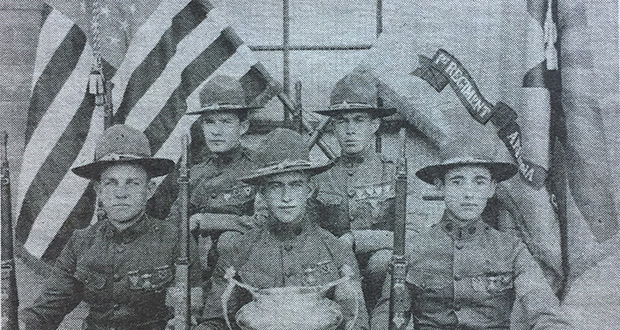Judge Joseph Kibbey
Arizona Capitol Reports Staff//March 30, 2007//[read_meter]
Judge Joseph Kibbey in 1900. As Judge Joseph Kibbey lie in state on the Great Seal of Arizona under the Capitol Rotunda, he was eulogized by Judge Richard Sloan “…as...
No tags for this post.

















